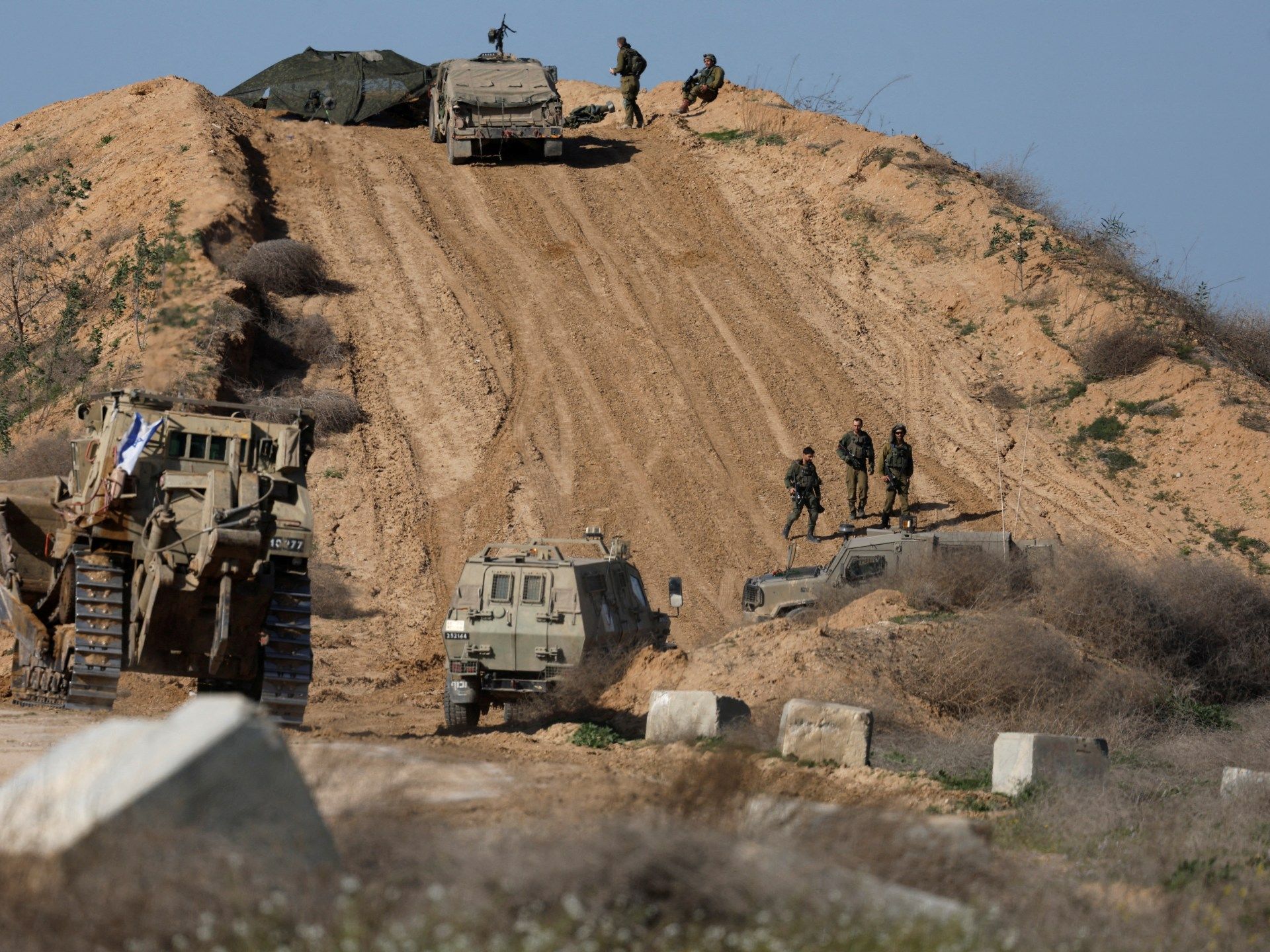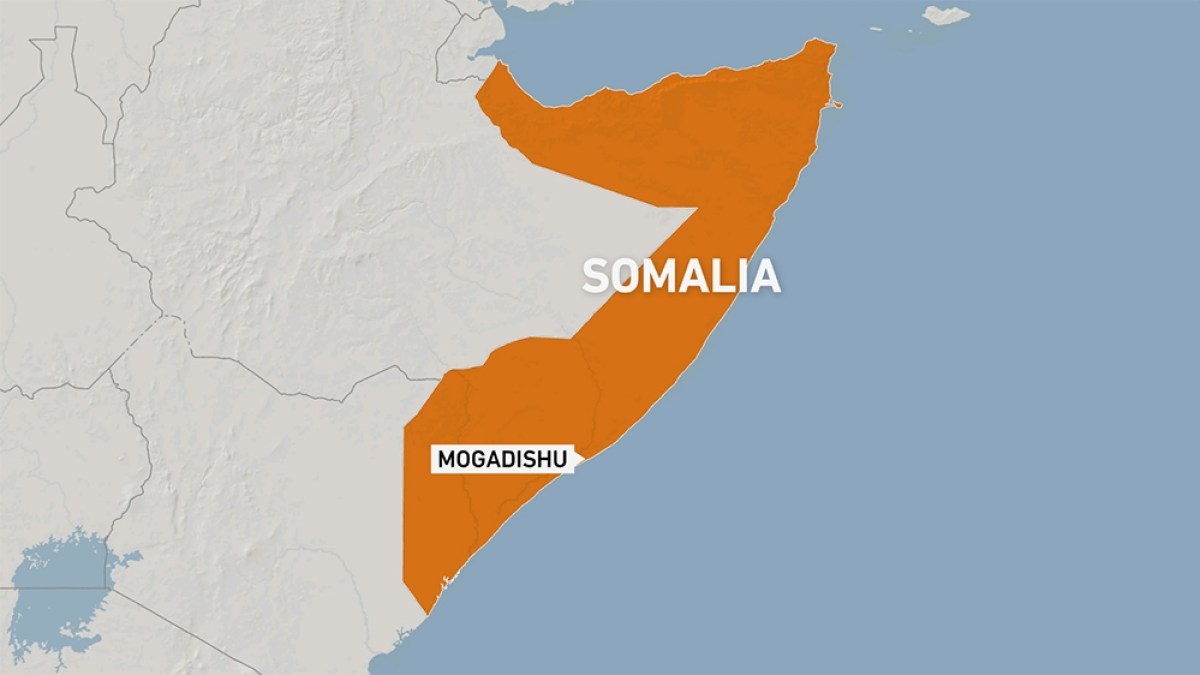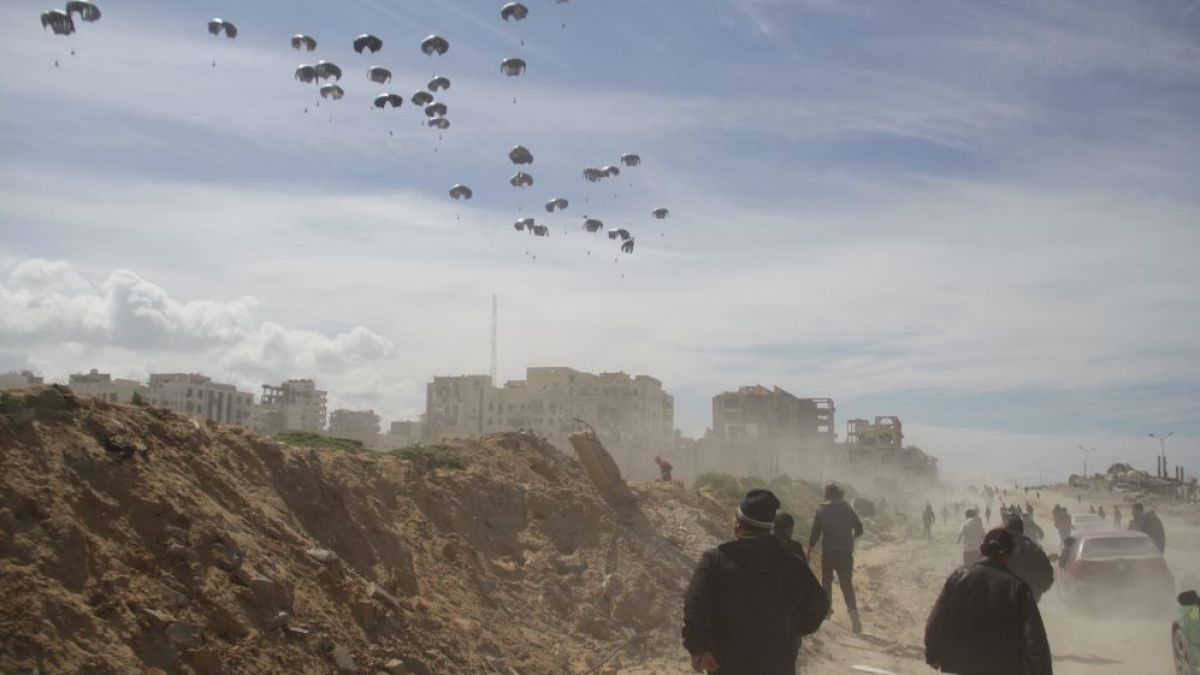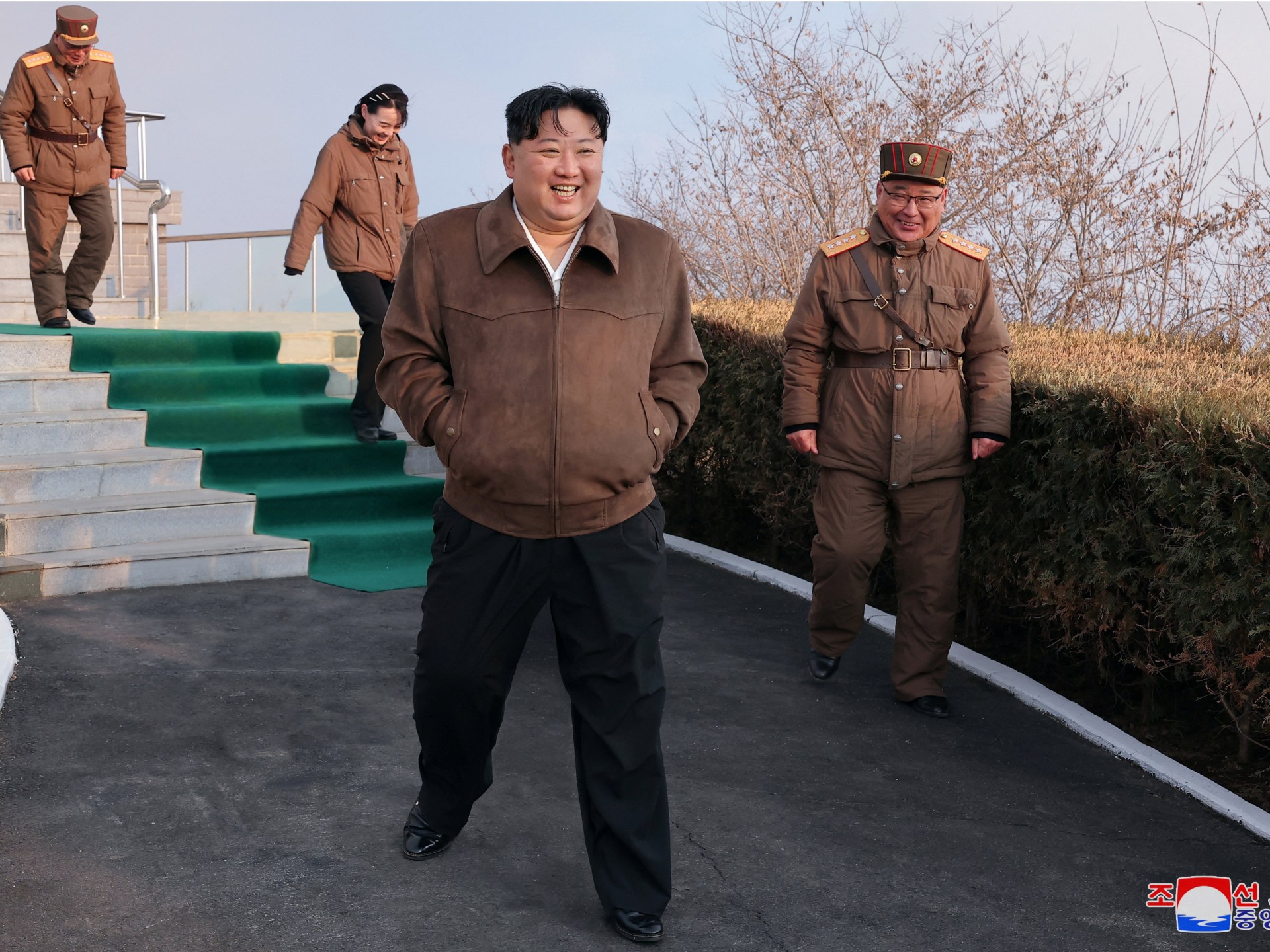Israel's efforts to create a buffer zone along its border with Gaza constitute a “crime” and an act of “blatant aggression” against the Palestinian people, Hamas official Osama Hamdan said, following media reports which suggested that such a plan was afoot.
Hamdan, who lives in Lebanon, told reporters on Thursday that Israel was “seeking to establish a security belt along the Strip's borders by razing entire residential blocks and tearing down farms and civilian infrastructure.”
“This is a crime and a blatant aggression against our land and our sacred places,” he said, adding that “our people and our resistance will thwart these attempts.”
Hamdan called Israeli Prime Minister Benjamin Netanyahu “delusional” and said Gaza would become the “graveyard” for his plans. He also criticized the United States for “feeding” the Israeli military machine and for its complicity in crimes against Gaza.
Israeli media reported Wednesday that its military aimed to create an informal buffer zone about a kilometer (half a mile) wide to prevent attackers from reaching Israeli communities near Gaza.
Two television channels broadcast footage showing what appeared to be a controlled demolition of several structures on the Gaza side of the border, which the broadcasters said was carried out in the area of an attack that killed 24 Israeli soldiers on Monday, inflicting the largest loss of military life in a single attack since October 7.
Planet Labs PBC satellite images taken last Saturday, a day before the attack, appeared to show the uniform destruction of buildings and agricultural fields in the area.
Military spokesmen have not used the term “buffer zone” but say troops are dismantling infrastructure near the border to provide security for Israeli communities on the other side.
The secretary general of the Palestinian National Initiative party, Mustafa Barghouti, said that the real intention behind such a measure is to reduce the size of Gaza. If carried out, Barghouti told Al Jazeera, it could only be perceived as an act of “ethnic cleansing” and at the same time would signal a recognition of the failure of Israel's military objectives in Gaza.
'Unjustified' under international law
Geoffrey Nice, a former United Nations war crimes prosecutor, told Al Jazeera that Israel has no legal grounds for creating a “buffer zone” in Gaza by destroying Palestinian homes and confiscating agricultural land.
“If you want a demilitarized zone that you're going to fill with landmines, why not have it on the Israeli side and prevent people from crossing it?” she asked. “What they are proposing, effectively and according to anyone's interpretation, is occupation.”
He noted that the fertile farmland that Israel seeks to seize is “crucial to Gaza's economy.”
“But the process has already begun. A large number of buildings have already been demolished. It is unjustified, from any point of view, according to international law,” Nice said, proposing sanctions by powerful nations against Israel to stop the land grab.
The United States, which has strongly supported what it says is Israel's right to self-defense, said it opposes any attempt by Israel to reduce Gaza territory or occupy it militarily.
The United States and much of the international community have proposed a postwar plan that includes the creation of a Palestinian state as part of a two-state solution to the conflict, a possibility that Netanyahu rejected.
Barghouti said that if the United States were serious about its opposition to the buffer zone, it would tell Israel to stop its attacks on Gaza.
“Unfortunately, the United States is participating in this war, and as long as they do not support a ceasefire, they become participants in the war crimes that are occurring in Gaza,” he said.
Al Jazeera's Kimberly Halkett, reporting from Washington DC, said Israeli plans to create a buffer zone in Gaza are not sitting well with the White House. “This is just another example of a growing gap between [US President Joe] The Biden administration and the Israeli government,” he said.
“There is some scope for a transitional agreement on a buffer zone, but the concern… is that historically, transitional agreements have become permanent.”












